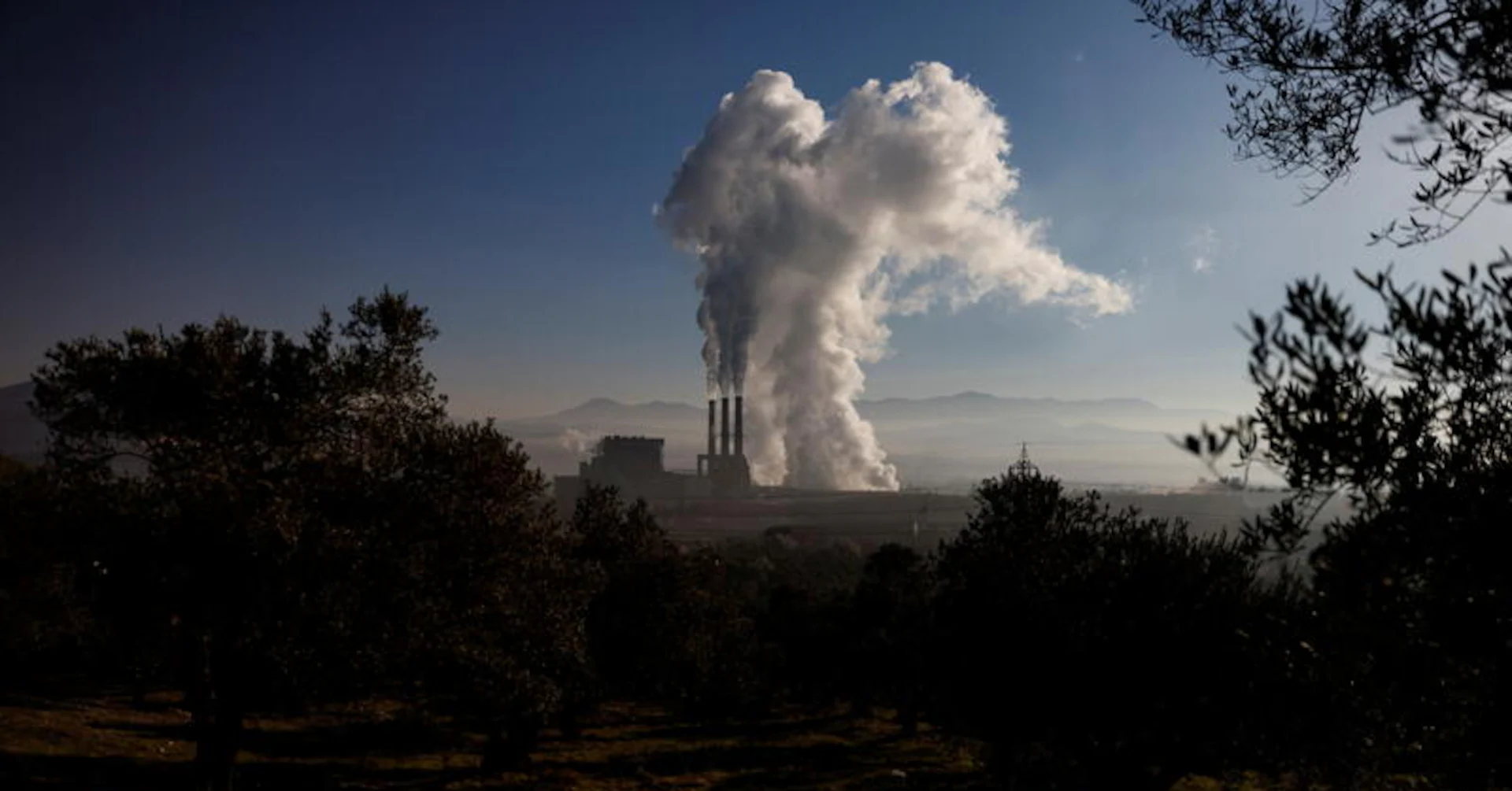
LITTLETON, Colorado, Sept 25 (Reuters) – Turkey’s skilled workforce and low energy costs have made it a popular destination for businesses looking to develop supply chains on the doorstep of both Europe and Central Asia. But the industrial boom has come with a stiff pollution penalty.
So far in 2025, power firms in Turkey have emitted more carbon dioxide (CO2) than any other European nation, supplanting Germany as the region’s largest power polluter.
Sign up here.
Rising emissions reflect the country’s fast-growing power needs, which have surged as companies built or expanded production capacity in Turkey to exploit its proximity to European consumers and reduce reliance on Asian factory hubs.
Between 2019 and 2024, Turkey’s electricity demand rose by 14%, according to data from energy think tank Ember, which contrasted with a decline in Europe’s overall electricity demand over the same period.
The diverging power trends highlight how the practice of nearshoring capacity to Turkey has not only revved up its entire industrial economy, but has also spurred a major shift in polluting activities to Turkey from other locations.
CHEAP POWER
In addition to a large labor pool and good logistical connections to world markets, Turkey’s low power costs have been a major lure for manufacturers and heavy industry.
Between mid-2022 and late 2024 – when most European power prices surged following Russia’s invasion of Ukraine – Turkey’s average electricity prices declined thanks to hefty government subsidies designed to shield consumers from inflation.
Turkey’s household consumer prices averaged around 5.5 euro cents per kilowatt hour (kWh) in late 2024, compared to 7.5 euro cents/kWh in mid-2022, data from Eurostat shows.
That roughly 25% fall in Turkish electricity prices contrasts sharply with the electricity price trend in Germany – Europe’s most established manufacturing and industrial hub – over the 2022 to 2024 period.
Germany’s consumer electricity prices rose from around 19 euro cents/kWh in 2022 to close to 28 euro cents/kWh by late 2024, which represented a nearly 50% rise.
And while business power costs differ to household consumer electricity prices in both countries, Turkey’s industrial power costs are also substantially below those in Germany and tend to move in line with electricity prices.
INDUSTRIAL-SCALE IMPACT
The impact of the build-up in production capacity in Turkey is clear from output data of key commodities and components made in the country.
What’s more, production trends of those same items in Germany also showcase the effects of Turkey’s relatively lower energy costs compared to Germany since 2022.
Over the past five years or so, Turkey’s production of several energy-intensive commodities including cement, chemicals and refined products has steadily climbed.
Over that time frame, German production of those same items has contracted, revealing a swing in production capacity from Germany to Turkey driven in part by the wide energy cost differential between the countries.
BUILDING MOMENTUM
Turkey’s output of more developed products and goods has also climbed to record highs in recent years just as output of those same materials and goods has fallen to multi-year lows in Germany.
This growth in both energy-intensive commodities and in higher-value products and components indicates Turkey’s economy has the potential to grow further and boost wealth for its population.
However, the country’s economy also faces substantial risks in the form of high inflation, rising government debt levels and a weakening currency that is eroding national purchasing power.
Turkey’s production hubs are also heavily reliant on European countries for consumers, and therefore face the risk of a collective downturn in demand in the event of any Europe-wide recessions.
However, strong logistical links to the Middle East, North Africa and Central Asia help to diversify Turkey’s consumer market risks and mean that Turkey-made products have strong sales potential into those markets.
The Middle East and Africa are also fast-growing markets for the cement, building materials and basic chemicals made in Turkey.
That large consumer base on Turkey’s doorstep bodes well for commodities and raw material producers in Turkey, but suggests the associated pollution will grow alongside and stands to make Turkey a new major emitter on the global stage.
The opinions expressed here are those of the author, a columnist for Reuters.
Reporting by Gavin Maguire; Editing by Jamie Freed
Our Standards: The Thomson Reuters Trust Principles., opens new tab
Opinions expressed are those of the author. They do not reflect the views of Reuters News, which, under the Trust Principles, is committed to integrity, independence, and freedom from bias.



